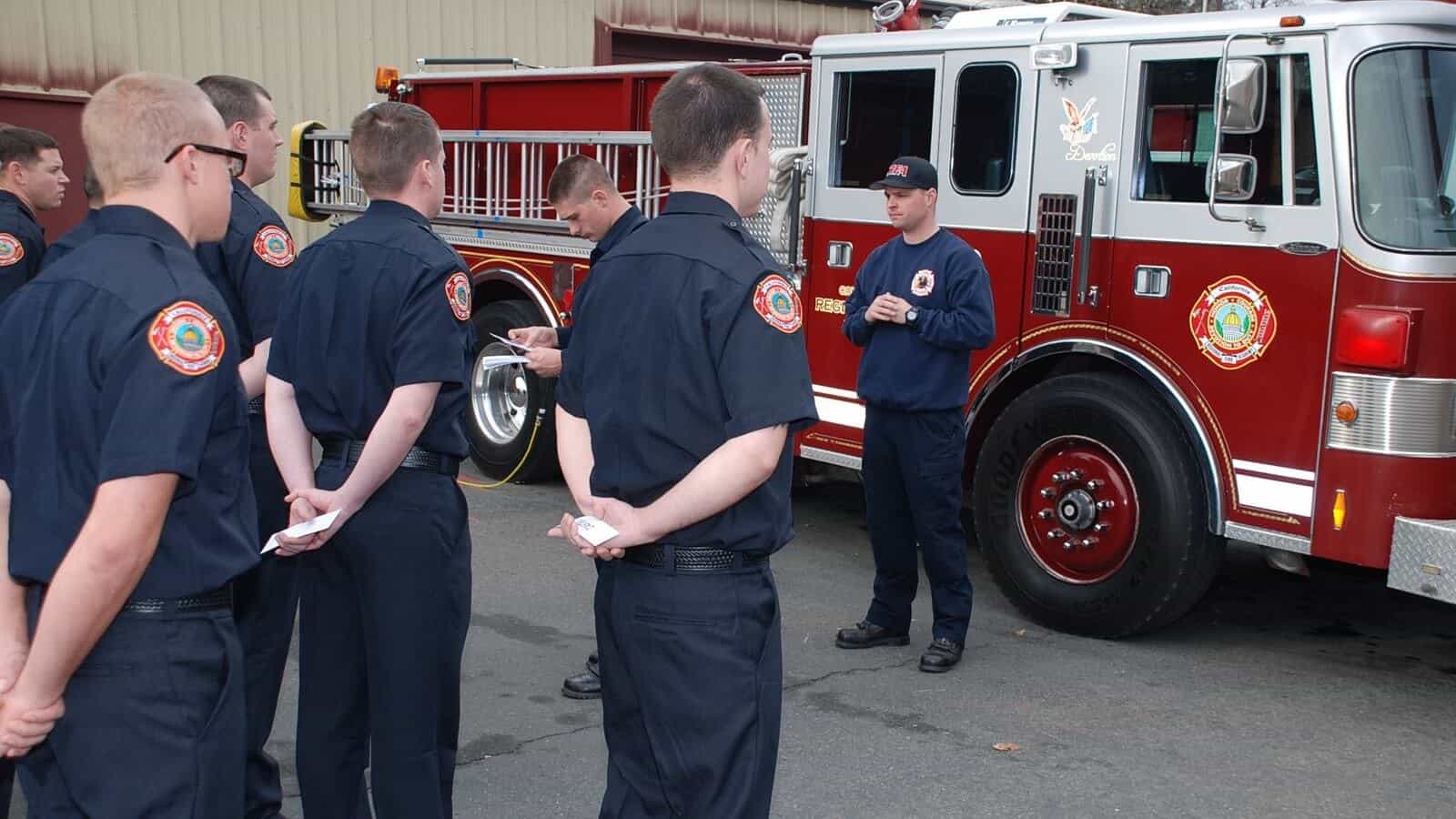The Benefits Of Fire Academy Education

The fire service is one of the most demanding careers, and it requires extensive training. That’s why there are a variety of fire academy programs and inspector certification program texas available at colleges.
This year, the Pflugerville Fire Department is piloting a high school fire academy in partnership with Pflugerville ISD. It provides local students a unique opportunity for college and career readiness.
Safety
Providing fire safety education and training for your employees will not only improve their job performance but also ensure that they are safe in the event of an emergency. When employees feel secure in their work environment, they can focus on other tasks and increase productivity.
To help students learn about the process of firefighting, academy teachers use training exercises. During these drills, instructors teach the basics of firefighting and provide feedback to students on their progress.
While firefighting is a physically demanding profession, it can also be a rewarding one. During training, firefighters build their skills and become more confident in their abilities.
In addition to learning about the basic principles of firefighting, firefighters also learn about management responsibilities. This includes how to lead, direct, and guide a fire department’s resources. Those resources include personnel, equipment, and operational budget dollars.
Teamwork
Teamwork is a critical part of the firefighting profession. Having team members you can trust and depend on will make you feel more comfortable and at ease in the field.
Besides firefighting, firefighters also work with other public safety professionals at a variety of events to teach the public about how to prevent home and business fires. This helps to reduce the number of fire-related deaths and injuries in the city.
One of the key benefits of fire academy education is the ability to build strong relationships with fellow firefighters. These relationships can help you in times of need and provide support when things aren’t going as planned.
In addition, firefighters learn how to deal with change and conflict in a team environment, both in the firehouse and on the emergency scene. This is essential for a career in firefighting and will help them succeed as they develop their skills and become more flexible.
Self-confidence
Fire academy education teaches you about fire behavior, fire equipment, and emergency response systems. It also teaches you about leadership.
You’ll also learn about time management, prioritization, and organization. These are all skills that will serve you well on the job as a company officer.
The most impressive of these is the ability to manage a team of firefighters under pressure while maintaining high morale and safety standards.
This is a skill that takes years of practice to master, and the most important thing to remember is that you have to know how to do it to keep the crews safe and the money rolling in.
Taking the time to learn these techniques is a worthy investment of your hard earned money, and will pay off in dividends for years to come. It’s one of the reasons we recommend going to a top-rated fire academy. This will set you up for the success you deserve as a firefighter and as a leader in your department.
Education
Firefighting is a physically and mentally demanding job. As a result, fire departments prefer younger bodies with quick wits and physical prowess to fill their ranks.
The Academy offers a wide range of training and certification programs for firefighters. Some of these courses are offered in-person, while others are online and can be completed at your own pace.
In addition to classroom training, students also receive live-fire training. This means that they are exposed to actual burning buildings, which teaches them how to think clearly and effectively in real-life situations.
Fire academy graduates are expected to pass the firefighter candidate testing center (FCTC) civil service exam. This test covers reading comprehension, personality and mechanical reasoning skills as well as situational judgment, spatial orientation and more.